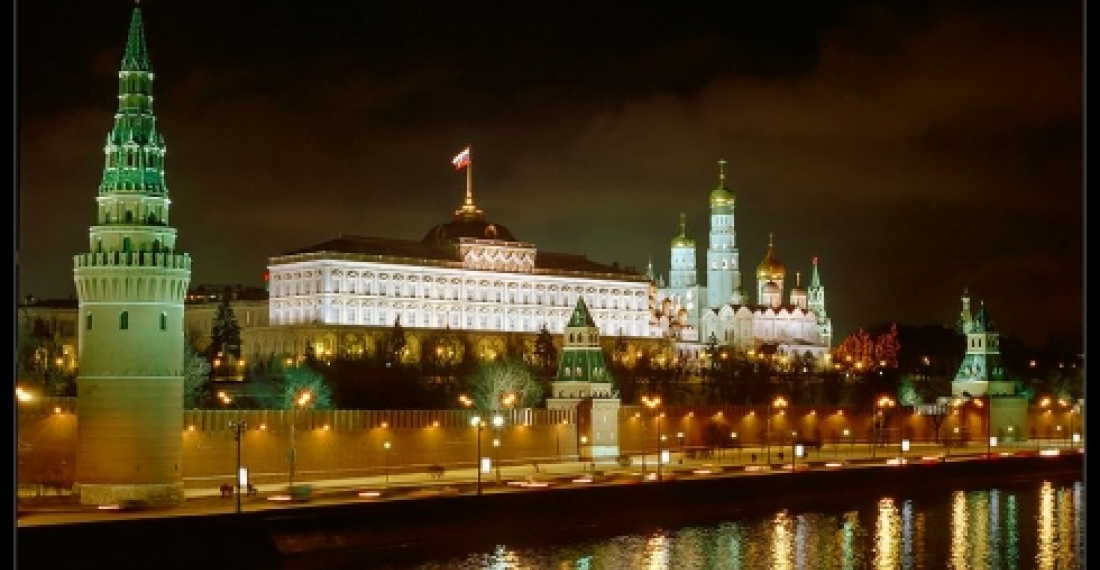Meetings of the Collective Security Council of the Collective Security Treaty Organization (CSTO), the Council of CIS Leaders, and of the Eurasian Economic Community (EurAsEC) Interstate Council will take place in Moscow this week co-inciding with the 20th anniversary of the dissolution of the Soviet Union. Eleven post Soviet states participate in some or all of the institutions that were established in the aftermath to maintain the links between the former USSR republics. The Baltic States never joined, and Georgia left the CIS after Russia recognised Abkhazia and South Ossetia in the aftermath of the August 2008 war.
The meetings will be overshadowed by events in Kazakhstan where on Friday fourteen people died in anti government protests in the city of Zhanaozen, prompting Kazakh President Nursultan Nazarbayev to declare a state of emergency in the city. There have been reports of other incidents in other parts of Western Kazakhstan, including in the regional capital Aktau. The region is the centre of Kazakhstan lucrative energy industry.
There is increasing turmoil in the domestic political situation in several post soviet countries as demand increases for political and economic reforms. In Russia protests continued over the weekend following claims of election fraud during the Duma elections earlier this month. Speaking at a meeting with United Russia party leaders on Sunday, Russian President Dmitry Medvedev said the party requires urgent reform. Meanwhile, the party’s faction in the State Duma has already changed its leaders: 12 chairmen out of 15 State Duma committees will be replaced.
On the agenda of the CIS summit this week is the strenghtening of the CIS Election Observation mechanism but many observers consider this to be an attempt to counterbalance western led election observation missions that have on many ocassions in the past been highly critical of election practises in many CIS member states.
source: commonspace.eu







